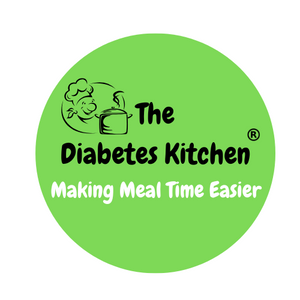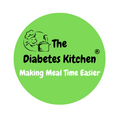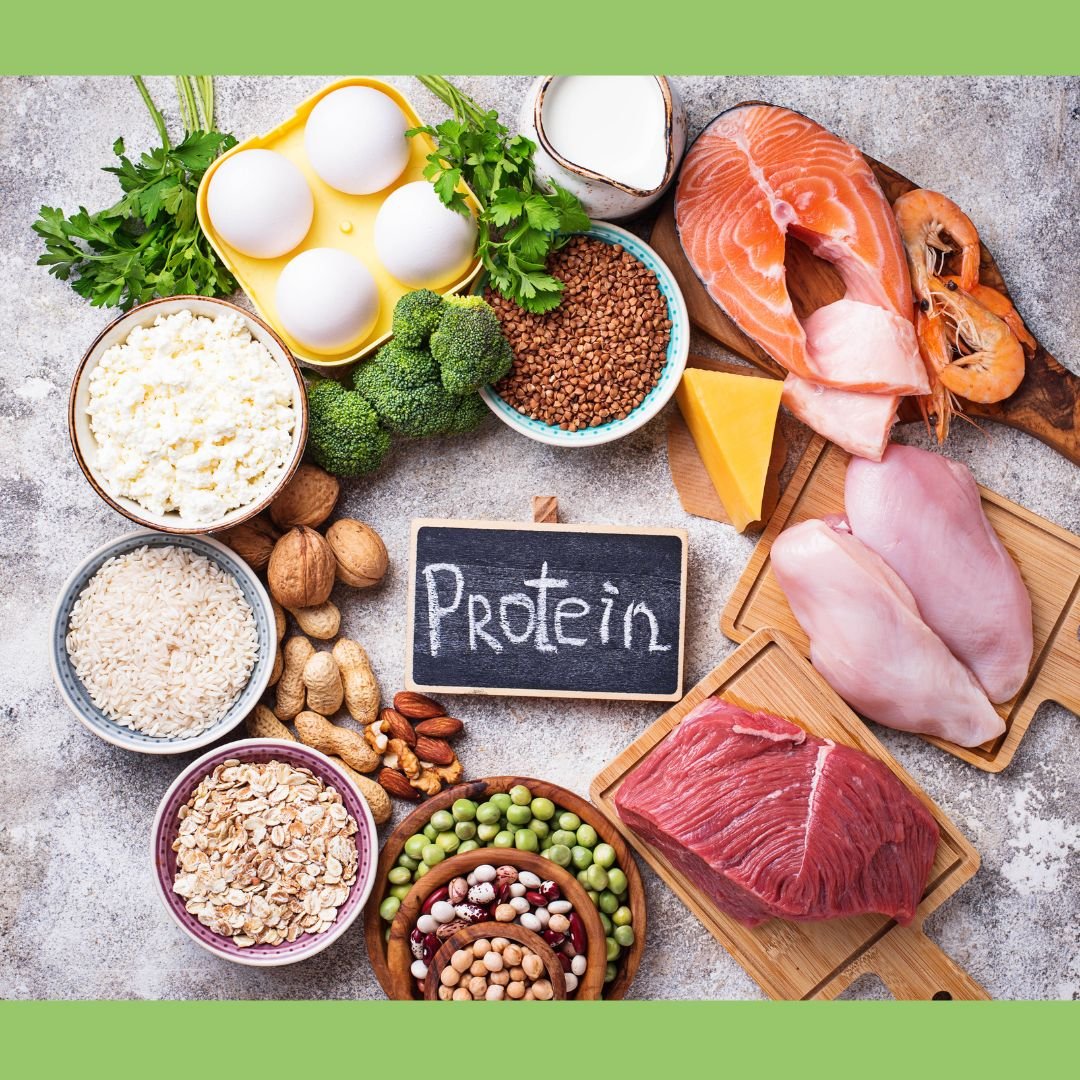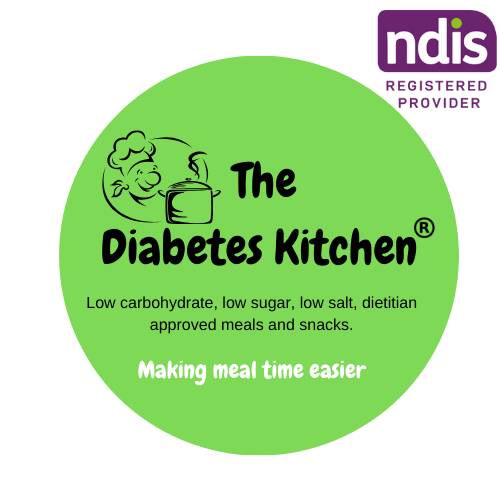Our bodies need proteins to produce important molecules in our body – like enzymes, hormones, neurotransmitters, and antibodies and without adequate protein intake, our bodies can’t function well at all.
Protein helps replace worn out cells, transports various substances throughout the body, and aids in growth and repair.
Consuming protein can also increase levels of the hormone glucagon, and glucagon can help to control body fat. Glucagon is released when blood sugar levels go down. This causes the liver to break down stored glycogen into glucose for the body.
Most Australians get more than enough protein from foods alone. Very high protein diets are not recommended.
So what foods provide protein?
Some food sources of dietary protein include:
- lean meats – beef, lamb, veal, pork, kangaroo
- poultry – chicken, turkey, duck, emu, goose, bush birds
- fish and seafood – fish, prawns, crab, lobster, mussels, oysters, scallops, clams
- eggs
- dairy products – milk, yoghurt (especially Greek yoghurt), cheese (especially cottage cheese)
- nuts (including nut pastes) and seeds – almonds, pine nuts, walnuts, macadamias, hazelnuts, cashews, pumpkin seeds, sesame seeds, sunflower seeds
- legumes and beans – all beans, lentils, chickpeas, split peas, tofu.
Some grain and cereal-based products are also sources of protein, but are generally not as high in protein as meat and meat-alternative products.
The human body can’t store protein and will excrete any excess, so the most effective way of meeting your daily protein requirement is to eat small amounts at every meal.

Soon after exercising, it’s recommended that you have a serve of high-quality protein (such as a glass of milk or tub of yoghurt) with a carbohydrate meal to help maintain your body’s protein balance. Studies have shown this to be good for you, even after low to moderate aerobic exercise (such as walking), particularly for older adults.
People who exercise vigorously or are trying to put on muscle mass do not need to consume extra protein. High-protein diets do not lead to increased muscle mass. It’s the stimulation of muscle tissue through exercise, not extra dietary protein, which leads to muscle growth.
Find out what your protein requirements are:
- Your doctor
- Dietitians Association of Australi Tel. 1800 812 94
Enjoy!





